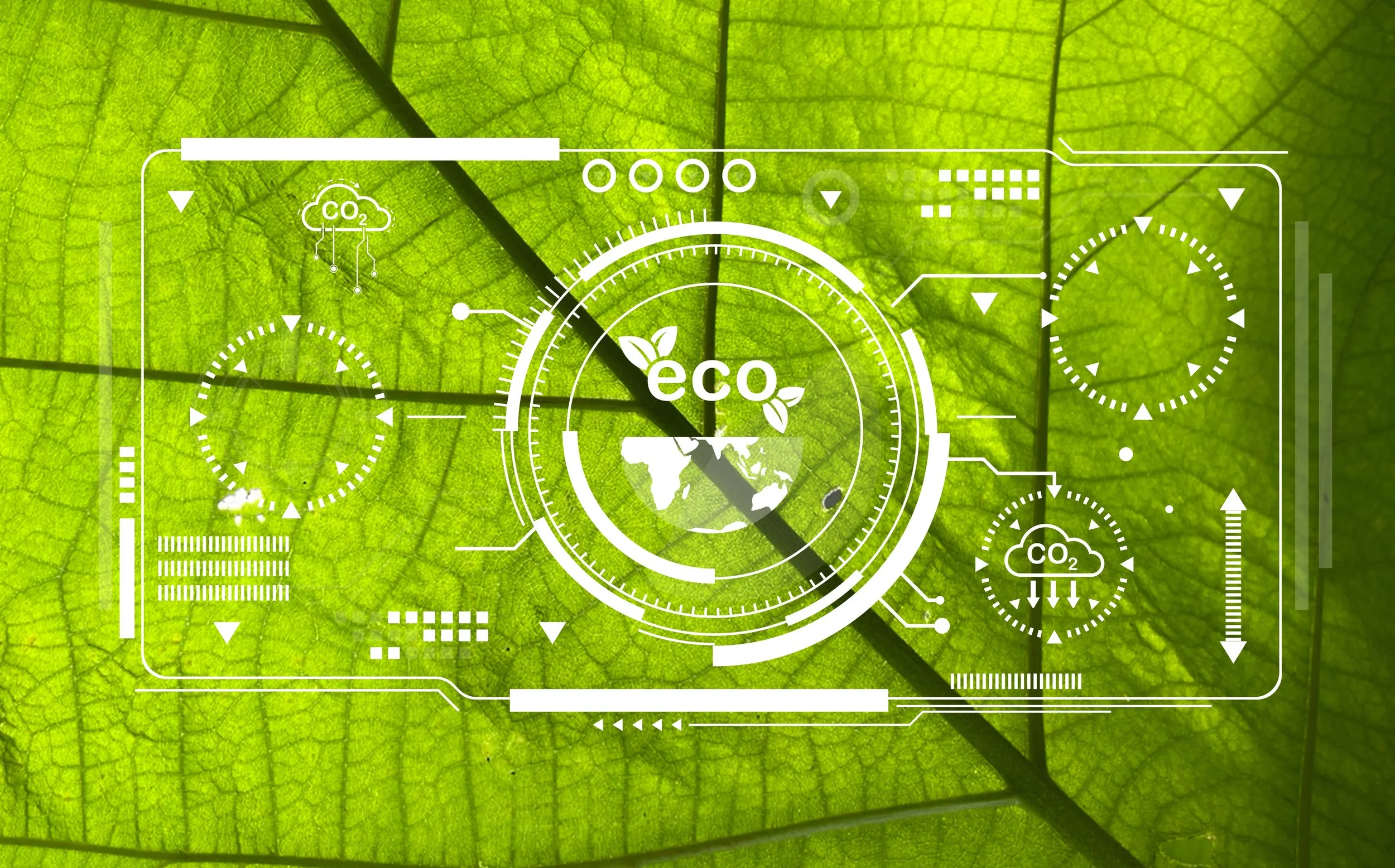Reducing Emissions with AI
Abstract:
Artificial intelligence (AI) is increasingly taking center stage in the manufacturing sector, playing a crucial role in lowering carbon emissions and advancing global sustainability goals. By streamlining operations, boosting energy efficiency, and cutting down on waste, AI-driven solutions are helping manufacturers lessen their environmental impact. This article delves into several ways AI is woven into manufacturing processes to diminish carbon footprints, enhance resource use, and promote a shift toward more sustainable practices. Through the use of predictive analytics, intelligent automation, and sophisticated data processing, AI is emerging as a key player in the push for green manufacturing initiatives.
Keywords:
AI, Carbon Footprint, Manufacturing, Sustainability, Energy Efficiency, Waste Reduction, Green Manufacturing, Predictive Analytics, Smart Automation, Environmental Impact
Introduction:
Manufacturing represents one of the largest sources of global carbon emissions, characterized by energy-intensive production processes, significant waste generation, and the depletion of natural resources. As industries strive to mitigate their environmental impact and achieve sustainability objectives, artificial intelligence (AI) has emerged as a pivotal technology. Utilizing AI enables manufacturers to optimize their operations, enhance energy efficiency, minimize waste, and ultimately reduce carbon emissions. This article explores how AI is fostering innovation in sustainable manufacturing and supporting businesses in meeting their environmental goals while ensuring operational efficiency.
Main Body:
Optimizing Energy Consumption:
Artificial intelligence is increasingly utilized to enhance energy efficiency within manufacturing facilities, contributing to a reduction in carbon emissions linked to production activities. AI-driven algorithms possess the capability to analyze real-time data from sensors and machinery, thereby identifying inefficiencies in energy consumption. By forecasting energy demand and modifying production schedules accordingly, AI ensures that manufacturing operations function at optimal energy efficiency levels. For instance, AI systems can autonomously regulate heating, ventilation, and air conditioning (HVAC) systems, as well as lighting and machine operations, leading to diminished energy waste and a minimized carbon footprint in manufacturing processes.Predictive Maintenance and Equipment Optimization:
AI-driven predictive maintenance is transforming how manufacturers maintain their equipment. By using machine learning algorithms to predict when machines are likely to fail or need maintenance, AI helps reduce downtime, extend the life of equipment, and optimize their performance. Well-maintained equipment operates more efficiently, which leads to less energy consumption and lower carbon emissions. Additionally, AI-powered optimization tools can improve the overall efficiency of machinery by adjusting operations in real time, ensuring that resources such as energy, raw materials, and labor are used in the most efficient way possible.Reducing Waste and Improving Resource Utilization:
Manufacturing waste significantly contributes to environmental pollution, and AI is helping businesses reduce waste by improving resource utilization. AI can monitor production processes and detect inefficiencies, such as excess material usage or defective products, in real time. With AI, manufacturers can adjust production lines to minimize waste, optimize raw material usage, and prevent product defects. Additionally, AI-powered systems can predict demand more accurately, ensuring that manufacturers produce only the required quantity of products, further reducing overproduction and waste. This proactive approach to waste reduction leads to both cost savings and a smaller environmental impact.Smart Supply Chain Management:
AI plays a crucial role in streamlining supply chain operations, which can have a significant impact on reducing a manufacturer’s carbon footprint. AI algorithms analyze vast amounts of data to optimize supply chain logistics, reduce transportation costs, and minimize emissions. By identifying the most efficient routes and delivery schedules, AI can help reduce fuel consumption and lower transportation-related emissions. Moreover, AI can assist manufacturers in sourcing materials more sustainably by predicting which suppliers have the lowest environmental impact, thereby encouraging greener practices throughout the supply chain.Circular Economy and Sustainability Initiatives:
AI is helping manufacturing companies embrace the principles of a circular economy, where products are designed for reuse, recycling, and repurposing instead of being disposed of after use. AI-driven systems are helping manufacturers design products that are easier to recycle and reduce waste in the product lifecycle. Additionally, AI can track the movement of products and materials throughout their lifecycle, enabling businesses to identify opportunities for recycling, remanufacturing, or repurposing materials, further reducing waste and the overall carbon footprint.Carbon Emissions Monitoring and Reporting:
AI-based solutions are also being utilized to monitor, track, and report carbon emissions from manufacturing processes. By integrating AI with sensors and IoT devices, manufacturers can gain real-time insights into their carbon footprint, identify emission hotspots, and track progress toward sustainability targets. AI can analyze emissions data, detect anomalies, and suggest corrective actions to reduce emissions. Automated reporting systems powered by AI can also help companies comply with environmental regulations and provide transparency in their sustainability efforts, making it easier for organizations to meet their environmental goals.
Conclusion:
Artificial intelligence is playing a crucial role in helping manufacturers reduce their carbon footprints by optimizing energy consumption, improving resource utilization, minimizing waste, and enhancing supply chain efficiency. By adopting AI technologies, manufacturing companies can significantly decrease their environmental impact while maintaining productivity and profitability. As the push for sustainability intensifies, AI is proving to be a powerful enabler of green manufacturing practices, supporting the global transition to a low-carbon economy. With continuous advancements in AI, the potential for even more sustainable manufacturing processes is vast, offering a promising path toward a cleaner and more efficient future.
Resources:
· International Energy Agency (2020) – AI in Industry: How Artificial Intelligence is Shaping the Future of Manufacturing
https://www.iea.org/reports/ai-in-industry
· McKinsey & Company (2021) – Artificial Intelligence in Manufacturing: A New Frontier for Sustainability
https://www.mckinsey.com/industries/advanced-electronics/our-insights/artificial-intelligence-in-manufacturing
· World Economic Forum (2020) – How AI Can Help Reduce Carbon Footprints in Manufacturing
https://www.weforum.org/agenda/2020/10/how-ai-reduce-carbon-footprint-manufacturing/

